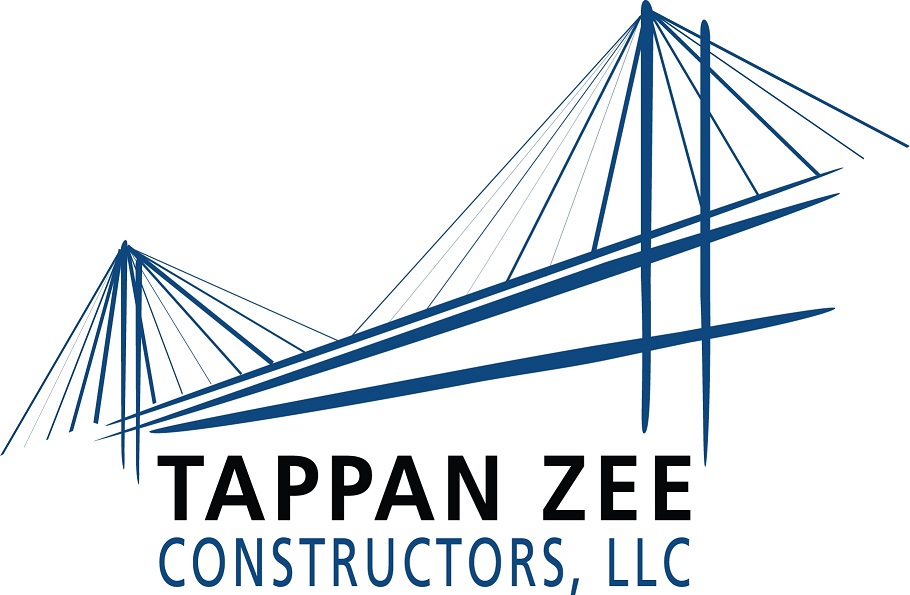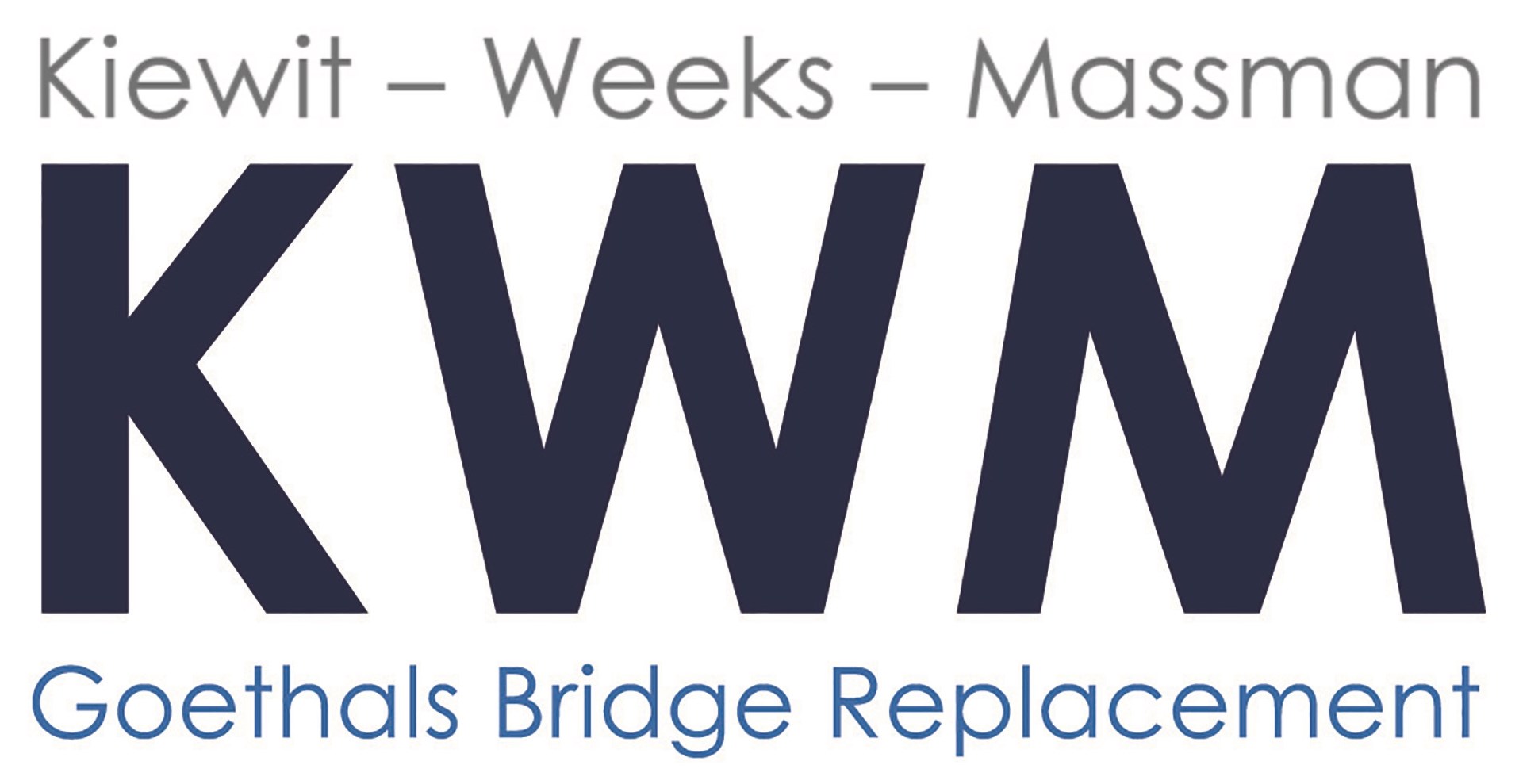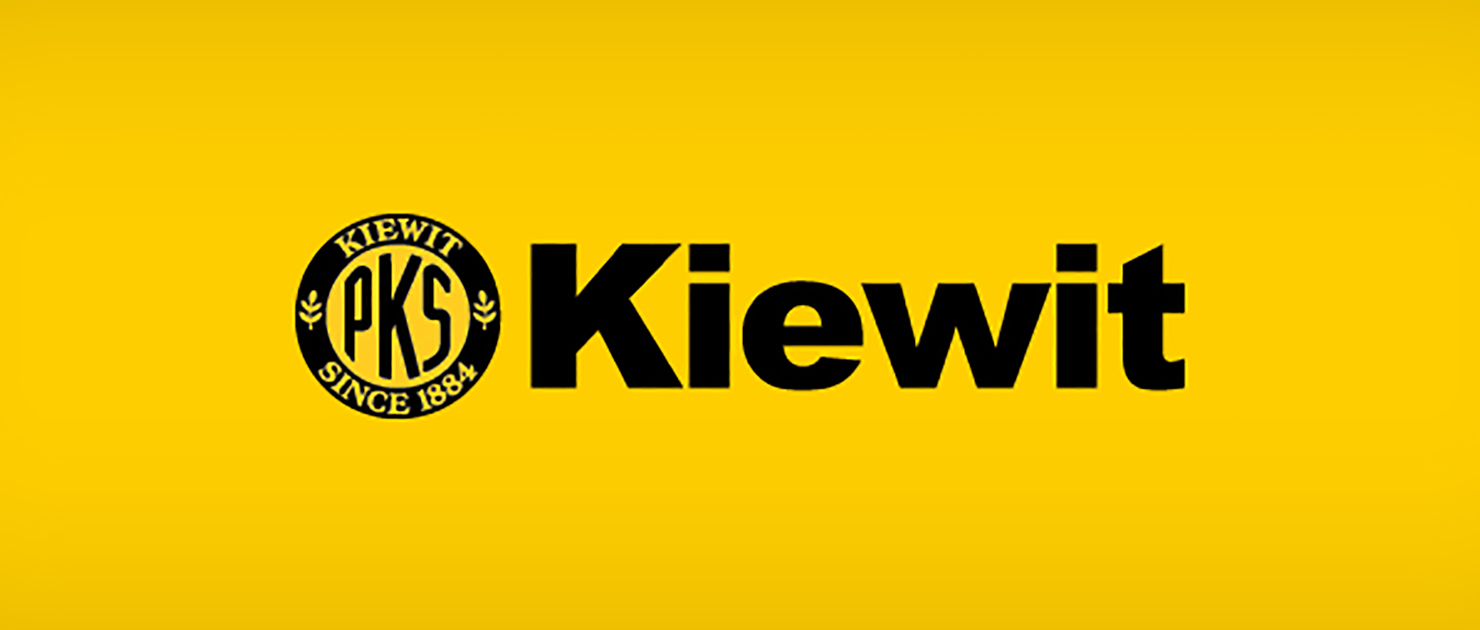Answering Good Faith Effort Phone Calls
08/15/2024
 By Leslie Ann McMillan By Leslie Ann McMillan
What do you do when someone calls on behalf of a prime contractor bidding or already working on a big public project? I’ve personally made many thousands of those outreach calls during the past several years, and I’d like to share a few thoughts and examples with you.  If your small business is certified diversity-owned, you’ve probably received emails, faxes, ads, letters, or phone calls about specific agency projects that require the participation of eligible small business contractors, suppliers, or service providers. This might happen rarely or much more frequently than you ever imagined possible when you first certified your MWBE or SVDOB or DBE or SBE or other disadvantaged business. If your small business is certified diversity-owned, you’ve probably received emails, faxes, ads, letters, or phone calls about specific agency projects that require the participation of eligible small business contractors, suppliers, or service providers. This might happen rarely or much more frequently than you ever imagined possible when you first certified your MWBE or SVDOB or DBE or SBE or other disadvantaged business.
You might receive an emailed or faxed bid invitation from a prime contractor, then one or more follow-up phone calls to see if you’ve gotten the information and are interested in bidding. This is all part of the careful good faith effort process to assure greater government contract participation by small businesses owned by minorities, women, or disadvantaged entrepreneurs.
Let me first give you a cringeworthy, real-life, unforgettable example of what not to do when you receive a follow-up outreach call. If only they had realized then what I’m sharing now . . .
 Our company, Small Business Exchange, has been providing outreach services since 1984 on behalf of small and large clients from coast to coast. In the spring of 2018, we were contacting eligible small businesses to invite them to a meeting and networking event hosted by the prime contractors that had recently won the contract to construct the huge new venue for a major professional sports team. During the actual several days that we were phoning, the team was in the playoffs and about to win its third national championship in four years. How exciting! Many small business people were happy about the opportunity and made the extra effort to attend the event, meet the contractors, and perhaps prepare to bid. But one lost opportunity is so, so memorable as an example not to imitate. Our company, Small Business Exchange, has been providing outreach services since 1984 on behalf of small and large clients from coast to coast. In the spring of 2018, we were contacting eligible small businesses to invite them to a meeting and networking event hosted by the prime contractors that had recently won the contract to construct the huge new venue for a major professional sports team. During the actual several days that we were phoning, the team was in the playoffs and about to win its third national championship in four years. How exciting! Many small business people were happy about the opportunity and made the extra effort to attend the event, meet the contractors, and perhaps prepare to bid. But one lost opportunity is so, so memorable as an example not to imitate.
As always, we were phoning small businesses that had been selected from specialized databases because their certified business descriptions matched the specific kinds of goals and trades that were needed for that part of the huge project. They had already received meeting invitations, and we were calling to see if they were planning to attend. Our standard approach when we phone is to identify ourselves by first name and to say we are calling on behalf of a specific prime contractor about a particular project and location that we briefly describe. It is obvious that we are real people calling relevant small businesses about reasonable contract opportunities for those ready to participate.
Due to the nature of the project, this group of hundreds of calls was especially nice for me and nice for them—nice for all but one, that is. The person answered the phone pleasantly enough, and heard the initial specific information, but immediately seemed to assume it was too good to be true, nothing but a scam. And, although I had politely asked for the listed contact person by name, the individual who first answered the phone hastily decided on behalf of the entire company that the proper response was an icy rejection phrase followed by a quick click to end the call. I simply noted “NNA” (no, not attending) in the record for that company, one of many small business contact details that would be supplied in list form to the prime contractors. But I wondered what the owner of that small business might think about the whole episode. Perhaps there would be another golden opportunity in another phase of the project. Perhaps not.
For hundreds of other businesses, some offering the same services as the Hasty Hang-Up, we had noted the responses of the specific people we had reached, or left voicemail messages for those we hadn’t spoken with directly. For some, if requested, we resent the meeting invitations, including the phone number and email address of the contact person employed by the prime contractors. Several small business people told us they had already decided to attend, many of them already aware of the trades needed and how their company might participate. The meeting was a huge success with great attendance, and many small businesses advanced their prospects in some way—either for this project and its many phases, or for other projects needing their attentiveness and expertise.
If I could chat with you personally about some thoughts based on thousands of phone calls to businesses like yours, here are a few suggestions I'd like to share.
Be Ready
Your business may be very small or long established, growing or struggling, but it’s always possible to be a little more ready, step by step, for the next good opportunity that might arrive with a phone call. Maybe you have some capabilities that are like seeds waiting for the right conditions to grow. For example, in the early 1980s, when my government job required me to pay attention to new laws working their way through the legislative process, I noticed that there would soon be requirements for agencies to give contracts to small businesses owned by minorities or women. Although I am a tribally enrolled Native American woman, I never seriously considered participating in the new system myself.
But, thirty years later, I was having a casual long-distance phone conversation with my twin sister and her dear friends, the founders of Small Business Exchange. The obscurely random topic of diversity contracting goals came up, and I began to ramble on about what I had learned those many years before. Providentially, they had sometimes thought that it might be good to have a New York representative to attend meetings on their behalf, since Small Business Exchange had some outreach clients in the region. Thus, although I had many other unrelated responsibilities in life, I was in the right place at the right time, ready enough for that one small step of work involvement—and for the many and more since then. I’m sure you, too, have stories like that to tell, and to inspire you to the next level of preparedness.
Be Reachable
This article is about answering good faith effort phone calls, so—regarding your company certifications, website, social media, advertisements, and other publicly available listings—please be sure to maintain a working phone number and email address wherever you hope to be found by customers, prime contractors, agencies . . . and outreach callers who shouldn't hear “disconnected or no longer in service” when they phone the contact number attributed to you in the database. We’re diligent in our good faith efforts to reach you, and to keep updated records and accurate reports, but not every potential customer or contractor will be so willing.
When we call a working number, it’s best if we can speak directly with the contact person who received the bid invitation or other correspondence that we have already sent by both email and fax. If another person is available or more likely to know about the project, that’s also a good option. We don’t mind being directed to the voicemail of the right person so we can briefly describe the project and how to respond if interested. It’s also fine for us to leave a detailed message with the individual who first answers the phone, and perhaps to resend the project information to the appropriate email address. Live answering services can provide reasonable solutions for some small businesses. Quite often, the only communication when we call is a standard voicemail answering system that might eventually allow us to leave a message. The more complicated the voicemail maze, the less caller-friendly it is. Perhaps that’s not the best impression to give a potential customer or contractor. When we leave a voicemail message, it’s a very good idea for the small business person to return the call or respond in some way, in order to demonstrate active business status even if the particular project is not a good fit at that time.
Be Responsive
I understand what it’s like to be so busy with work and life that it seems almost impossible to respond even in the smallest way to new opportunities that might fit your business plan. But it's worth your time to prepare a basic response package that can be adapted and quickly sent to any kind of legitimate project contact that you receive. This can precede your more complicated submission of an actual bid. I’m always impressed by the small percentage of business people who either return my calls or reply to emails (an even smaller percentage will actually submit a bid). We note their responses in the records and reports. They really stand out in the crowd. Some of these send a standard list of the trades, products, or services their business can provide, even if they are not going to bid on this particular project. You might be surprised by the opportunities that surface for your business simply because you have developed a habit of being responsive to some degree, unlike many of your competitors.
Be Responsible
Amazingly, good faith effort phoning is a positive experience for me, even on a day involving dozens of contacts. Among several thousand calls since 2012, I’ve received only a very small number of rude or skeptical responses, but a slightly larger number of general complaints about how many emails, faxes, and calls they are receiving every day or week from contractors bidding projects. Hmmm. Maybe that’s actually a good problem to have? We and others like us are contacting specially certified and possibly qualified small businesses, providing information on behalf of large prime contractors that are seeking required diversity business participation in various aspects of big projects that they are preparing to bid or have already won. Potential opportunities are calling.
Many if not most of my calls result in voicemail messages. Thus, the more live and alert communication your business can provide, the better. Most people that I speak with directly are polite and willing to hear about the project I’m briefly describing. Pro tip: that is an essential practice for any small business person to follow in these types of communications. Many people can transfer me to the right contact person in the company. A few are able to look up the project in their own records to see if they are considering or preparing to bid. Some also answer emails, briefly and pleasantly. A very small number have already submitted some kind of response to the bid invitation. An even smaller number will actually bid. If you build a routine of being among the rare bidders, being sure to offer reliable services and products, you will be noticed. If you persist and take small steps to improve, you are more likely to be rewarded.
We appreciate the opportunity to serve you in your own good faith efforts to succeed in work and life!
Leslie Ann McMillan is the northeast region manager for Small Business Exchange, serving the eight northeastern states—Connecticut, Maine, Massachusetts, New Hampshire, New Jersey, New York, Rhode Island, and Vermont—and any other states with projects needing outreach services. Her responsibilities include publications, website, advertising, and good faith effort phoning.
Back To News |
||
|
|
||
|
© 2025 Small Business Exchange, Inc. |
||














